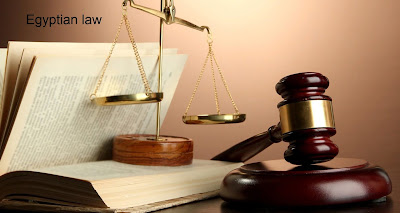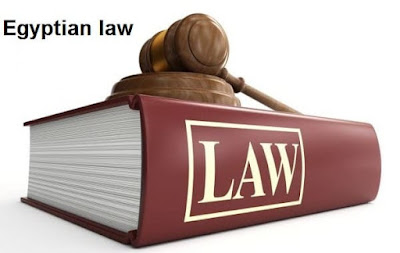The definition of international law
The public international law may be defined as the body of Rules which determine the rights and duties of states among their mutual relations whether during peace or during wartime as well as the relations with the various international institutions
This definitions means that the international law rules which determine the conduct of the state in dealing with each other and rules relating to the functions of the international institutions or organisation and their relations with state
According to that openion the law is true law only when there is an authority vested with the making of law, another vested with the settlement of conflicts which arise between Persons and a third vested with the pursuing of the execution of decisions and judgements pronounced and decleared such is not the case of international law, because the states do not recognise the existence of high authority to which they feel bound to obey.
In another term there is no legislative authority above the states to lay down rules of international law, there is no judical authority to ensure respect of the National law and there is no executive power to execute decisions adopted so the international is not true law this opinion Is not exactly true for the following reasons
1. If it is being the truth that there is no legislative authority in the international field but it has been true also that there is a system of law being in force and observed in many Communities without a formal legislative authority
2. Although,the States themselves is lat down the rules of international law by customs or by treaties but we can say that a great mass of international legislation has come into existence as a result of Law making threats and conventions which had been concluded by the States
3. It is known that the judical authority in international system is represented by arbitration tribunas and by International Court of Justice
4. After the court of the United Nations had been concluded in 1945 in San Francisco the rule of public international tended to be most effective
For these reasons we can say that the rules of international law are true law
The public international law may be defined as the body of Rules which determine the rights and duties of states among their mutual relations whether during peace or during wartime as well as the relations with the various international institutions
This definitions means that the international law rules which determine the conduct of the state in dealing with each other and rules relating to the functions of the international institutions or organisation and their relations with state
The nature of international law
In discussing the nature of international law we have to consider that there are some writers who are going to say the international law is not true law but a code of Rules of conduct of moral Force only.According to that openion the law is true law only when there is an authority vested with the making of law, another vested with the settlement of conflicts which arise between Persons and a third vested with the pursuing of the execution of decisions and judgements pronounced and decleared such is not the case of international law, because the states do not recognise the existence of high authority to which they feel bound to obey.
In another term there is no legislative authority above the states to lay down rules of international law, there is no judical authority to ensure respect of the National law and there is no executive power to execute decisions adopted so the international is not true law this opinion Is not exactly true for the following reasons
1. If it is being the truth that there is no legislative authority in the international field but it has been true also that there is a system of law being in force and observed in many Communities without a formal legislative authority
2. Although,the States themselves is lat down the rules of international law by customs or by treaties but we can say that a great mass of international legislation has come into existence as a result of Law making threats and conventions which had been concluded by the States
3. It is known that the judical authority in international system is represented by arbitration tribunas and by International Court of Justice
4. After the court of the United Nations had been concluded in 1945 in San Francisco the rule of public international tended to be most effective
For these reasons we can say that the rules of international law are true law
Differences between the internal law and international law
There are fundamental differences which distinguish public international law from the internal law hereinafter some of these differences reviewed1. Internal or municipal law is practised inside the state where as the public international law applies to the external relations of states with other States or with international institutions
2. The pearsons of the internal law are the individuals of which state in composed all these individuals submit to a common high authority whereas the principal persons of public international law are the state themselves which are considered independent sovereign political bodies
3. Inside every state there is an authority vested with the making of law another was the settlement of conflicts which arise between individuals and a third with the purssuing of execution of decisions and judgements pronounced and declared such is not the case with the public international law














